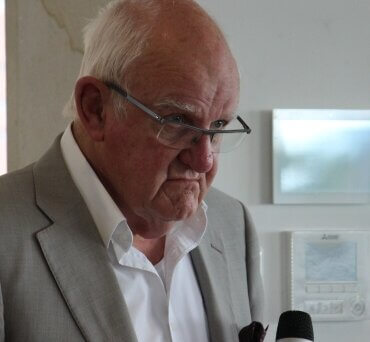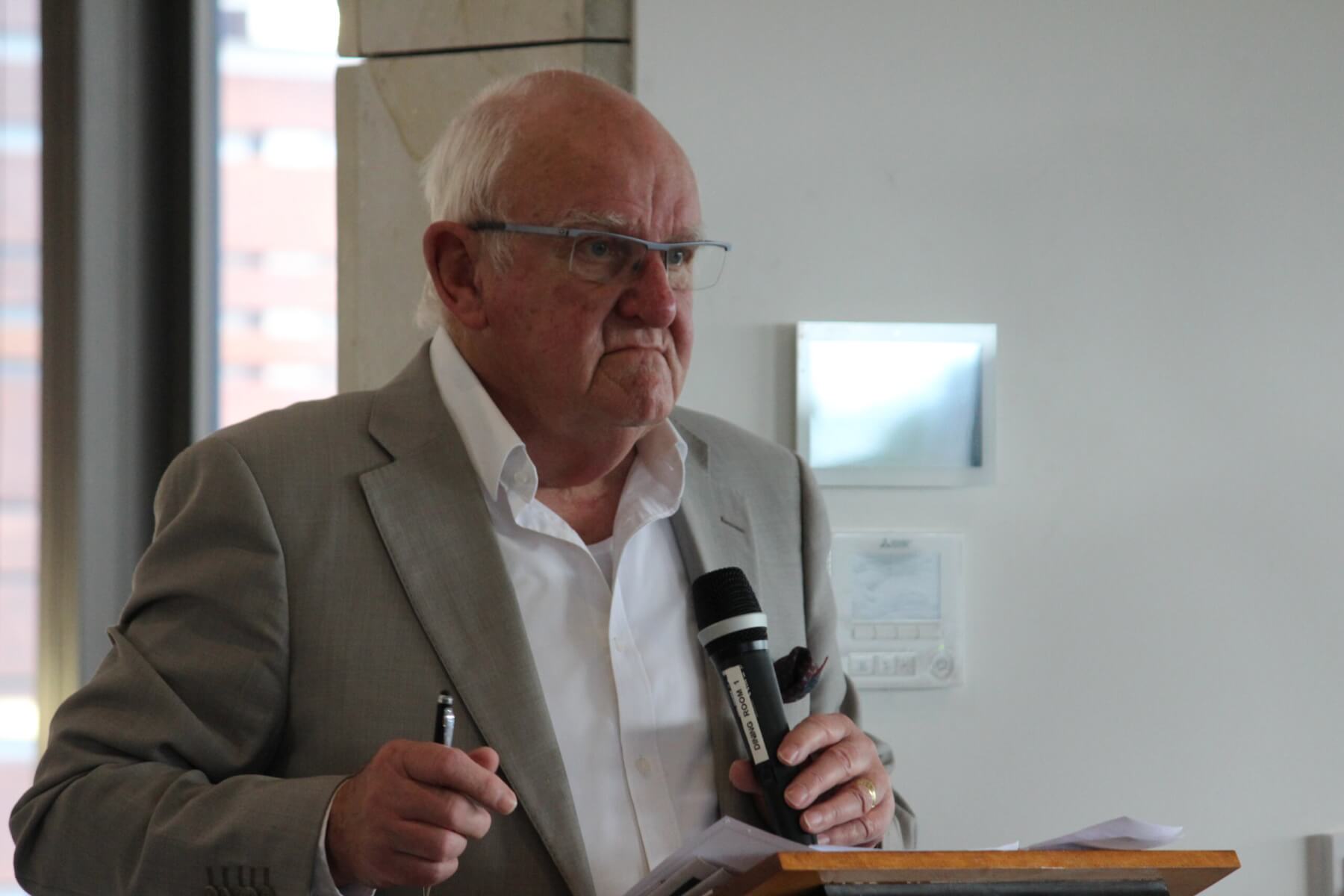
Peter Carr
Every three years we – the whole nation – are subject to the nonsense put forward by council wannabees as to their suitability to govern the organisation that keeps our districts clean, warm, liveable and safe. More on them shortly.

Peter Carr
To stay local in Waipā (and keeping away from personalities) we have an organisation that, in its most recent reporting year, had a budget revenue of $157 million, an equity of $1.99 billion and an asset base of $2.27 billion. Note these figures are rounded and, in fairness to the council, I have refrained from using the actual figures experienced due to the downturn caused by Covid and its aftermath. This is not an article about Waipā but the wider local body governance scheme.
Now many of you are investors in the share market either directly or through the services of professional business advisers. And before you place your hard-earned savings with one or another public company (or private for that matter if possible) then you take a hard look at that company. Performance, debt to equity ratio, past history and management. Most important of all is the breadth and depth of business experience shown by the board of directors. To what extent are they qualified in both tertiary and experience terms to look after your funds?
I am sure that if you find a company with anything approaching the figures mentioned above you would wish to ensure that your funds will, at the very least, given that share deposits carry risk, be cared for by those ‘at the top’ who understand the role of governance and practice their craft well clear of interfering with management. As an insurance policy for those governance practitioners the chief executive is often carrying an ‘at risk’ segment to his/her gross income package that keeps the nose to the grindstone.
So why this lurch out into the wilderness of local body governance? Look back to the last local body election and recall the utterances of those seeking office ‘in your interest’. Where did you see or hear examples of high standard qualification that gave them the right to govern an organisation with figures displayed above?
The city of Tauranga has been governed for several years by (I think) four commissioners after the mayor and council were removed by the National government. Shortly, those commissioners will hand over the reins to a newly elected group of wannabees and, as the lead commissioner stated last week, “there are several of those hoping to return for which I would not vote”.
So, my question to you is this. Would you feel happier if the board table in Te Awamutu was a mix of elected and professional appointed people? On say a two thirds / one third basis? Where the amateur attempts to govern currently displayed are very much hidebound by the control of the senior council officers?
Having a third of the board placed there for the right reasons can, at the very least, bring a degree of sense and commercial sensibility to the final decisions that affect us all.

Peter Carr








